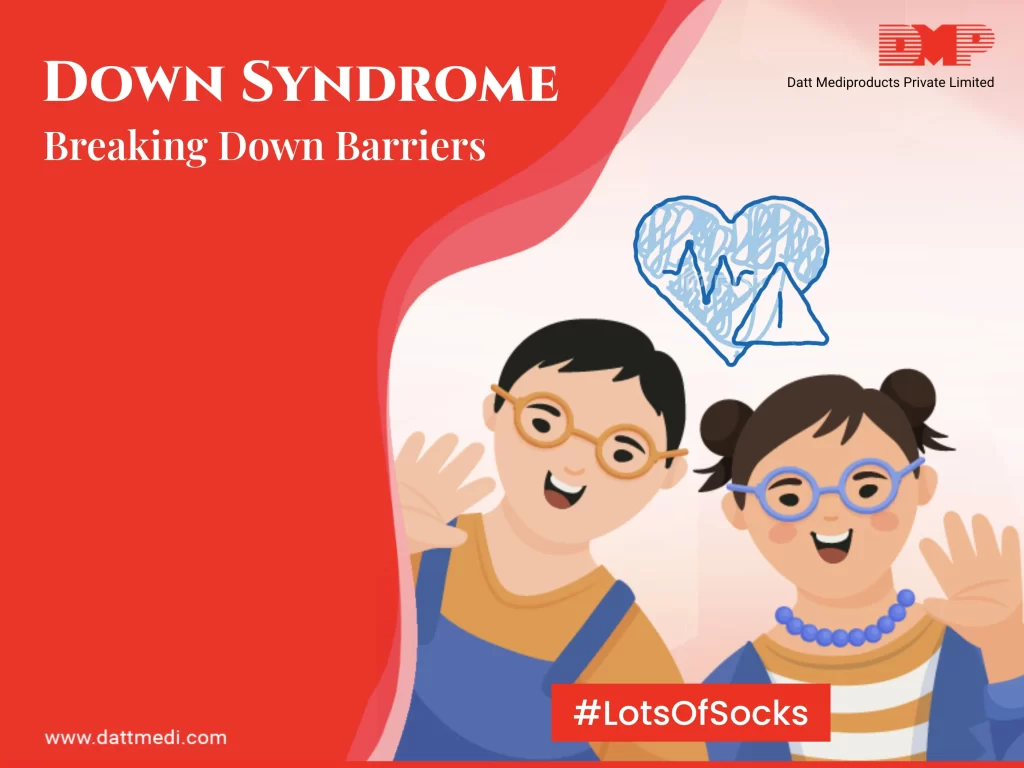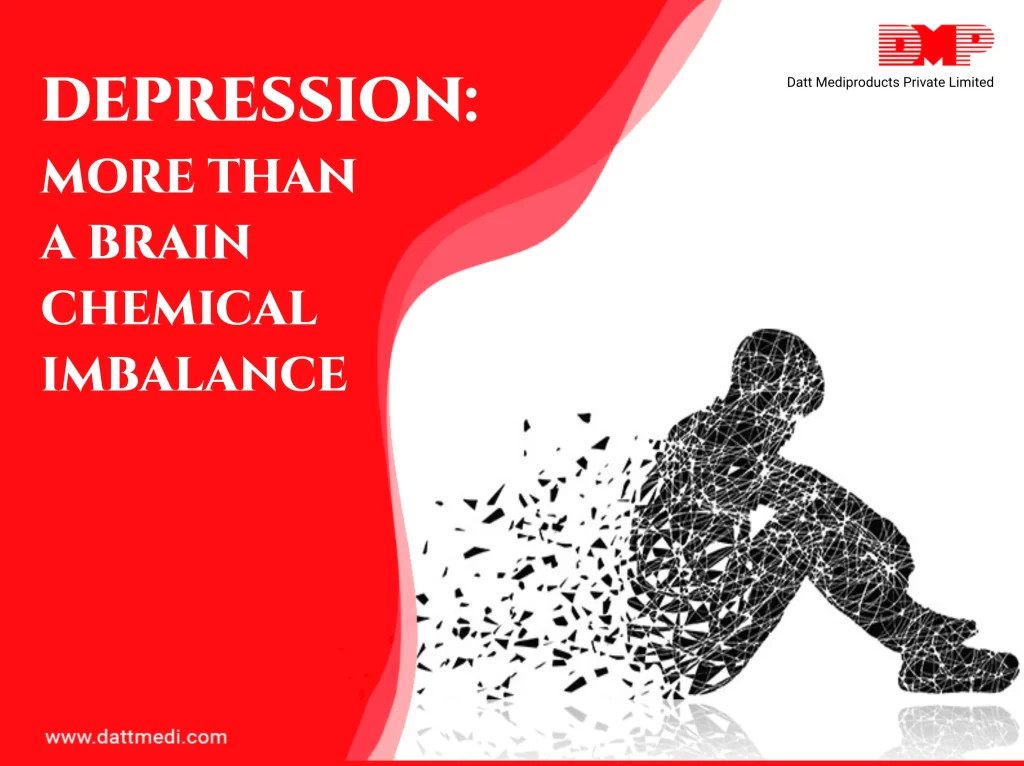
Down Syndrome, also called Trisomy 21, is a genetic condition in which a person has an extra
chromosome. This leads to physical and intellectual disabilities and certain other associated medical issues among children such as hearing loss, obstructive sleep apnea, ear infections, eye diseases or heart defects.
Even though people with Down Syndrome may act or look similar, they have varying degrees of abilities. Their IQ range from mild to moderate and they usually speak slower than normal children. There is no known cause of Down Syndrome. However, with the right support and opportunities, people with Down Syndrome can lead happy and fulfilling lives.
Some of the common physical features of Down Syndrome may include flattened face, almond shaped eyes slanting upwards, small ears, small hands & feet, a single line across the palm of the hand, short neck, poor muscle tone, and a shorter height than normal children & adults.
Do You Know? Around 1 in every 700 babies are born with Down syndrome.
Trisomy 21, Translocation Down syndrome and Mosaic Down syndrome are the three main types of Down Syndrome. It’s rather difficult to differentiate between these three without looking at genetics as they have similar physical features and behaviours.
World Down Syndrome Day
World Down Syndrome Day is celebrated on March 21st which represents the chromosomal defect found in Down Syndrome i.e. the twenty-first day of the third month. This day creates an opportunity to raise awareness about Down Syndrome and to promote inclusion and understanding.
People with Down Syndrome often face challenges and discrimination in their daily lives while taking part in activities at school, work, recreation or public life, alongside other people. “The United Nations in the general principles of the UN Convention on the Rights of Persons with Disabilities (UN CRPD) calls for: “full and effective participation and inclusion in society””. Inclusion refers to creating a friendly environment where individuals with Down Syndrome feel included and valued regardless of their varying abilities, by means of having access to same opportunities as everyone else.
With Us Not For Us
Every year, a theme is developed by the Down Syndrome International (DSi) to form the basis of global campaign to be celebrated in accordance with the United Nations Convention on the Rights of Persons with Disabilities.
The theme of 2023 is “With Us Not For Us” and it forms the key to a human rights-based approach to disability.
It is focused on:
1. the right to be treated fairly
2. have the same opportunities as everyone else
3. the freedom for people to make their own choices
The basis is to improve the lives of everyone with Down syndrome.
Research & Treatment
There have been many advances in research and treatment for Down Syndrome over the past few years. New treatment methods, interventions and therapies may help improve the quality of life for individuals with Down Syndrome. Since it’s a lifelong condition, services include speech, occupational and physical therapies. Infants and toddlers can achieve developmental milestones with the help pf early intervention programs. In addition, medication and treatments are available to manage the associated health conditions such as heart issues and thyroid problems.
In a new study, researchers studying gonadotropin-releasing hormone (GnRH) which is a master regulating hormone of reproduction & fertility treatment, have found its pivotal role in brain development also. If GnRH secreting neurons don’t develop properly, it can affect language development, cognitive abilities in infants, toddlers and sense of smell in people with Down Syndrome.
Though its preliminary, the results raise a prospect of treatments that could improve learning difficulties in people with Down syndrome. (Courtesy: Science.org dt. 1st Sep 2022)
We @dattmediproducts understand that Down Syndrome is a genetic condition that affects many people worldwide. Improving someone’s memory or communication skills by means of hormonal treatment isn’t likely to change their personality, but it’s definitely going to improve their quality of life. Secondly, inclusion and understanding can be a key factor in creating a better society to live in.



